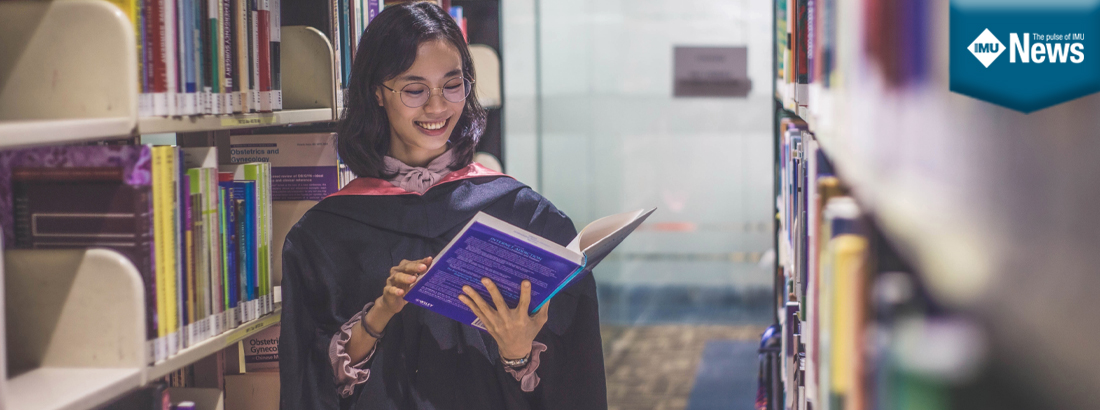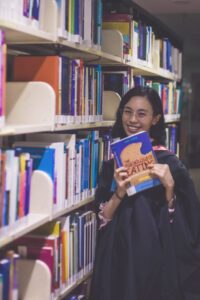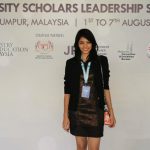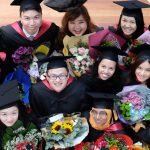Chong Hui Ying shares her perspective on studying psychology at IMU.
The decision to study Psychology is one that was made after going through a lot of struggles, and it is an important turning point in my life. After considering variety of programmes, I finally decided to pursue Psychology. At that time, my father told me that it was time for me to accept responsibility for my own life, and that only I could make this decision. And, regardless of the outcome, I can no longer place blame on others; I must take responsibility for myself. Later, I learn that this is precisely the principle emphasised in Existential Psychology, namely, that freedom is accompanied by responsibility; the more freedom of choice we seek, the greater responsibility we must carry. This is also something I keep telling teenagers when we discuss about their future aspirations, particularly their academic or job options. Reflecting on my experience of growing up, I realise that since very young, I had developed great interest in the field of psychology, especially in terms of being a helper. I remember there was a radio programme which specially invited clinical psychologists or counsellors to do some sharing and answer enquiries by the audience. I felt so comforted and touched listening to the programme. I think it was from that time that the seed of enthusiasm and passion towards psychology was sowed in my heart. Throughout the course of studying Psychology at IMU, I become more aware of the importance of psychological development and mental health.
Not only are they closely related to physical conditions, they also affected our daily activities, social life, and academic or work performance. Therefore, I believe that psychological knowledge is of paramount importance in every helping profession, including medical, education, and social services.
Besides, studying in a medical university, we have more opportunities to mingle and work together with students from programmes such as medical and health sciences. As a result, we are better prepared and more at ease when working as part of a diverse team.
Other than clinical psychology and counselling, I realised, during my endeavour, that there are many other alternatives for postgraduate studies and future professions within the field of psychology. For instance, one can choose to study child developmental psychology and become an expert in the field of education and parenting; or one may study Industrial and organizational psychology and work in the management or training department in corporate settings. Furthermore, nowadays some careers which were deemed as unconventional in the past are gaining popularity, such as life coach, youtuber, and online course developers, and all these are great career options with good prospects. Having said that, all these careers require human connections and the understanding of human behaviour. Besides the knowledge and skills acquired through this journey, the greatest gain for me is that I became more mindful of my thoughts and emotions and comprehended that my behaviours are dependent on these internal processes rather than that naturally evoked by others. On the other hand, I also learnt to perceive worldly phenomenon within the context, it led me to view each event through different lens. With this knowledge, I am better able to exhibit empathy and relate to others. Accompanied with the quantum of knowledge and skills, now, I can determine the needs of others, and devise a strategy on how to address these needs. It’s also critical that we practise self-care so that we don’t get burnt out easily and not rely on others to meet our internal needs. I hope that this perspective would continue to guide me in my future endeavours and gives the reader some inspiration from my experience pursuing Psychology programme in IMU.
Written by Chong Hui Ying, IMU Psychology Alumna.










